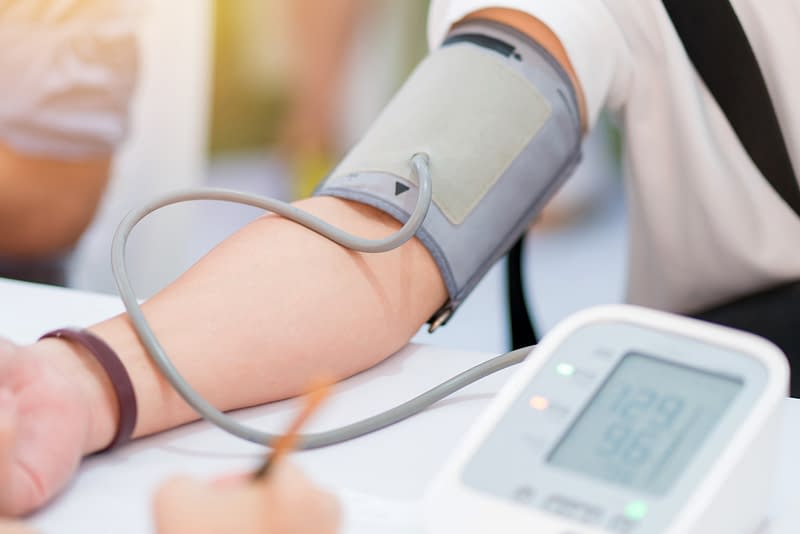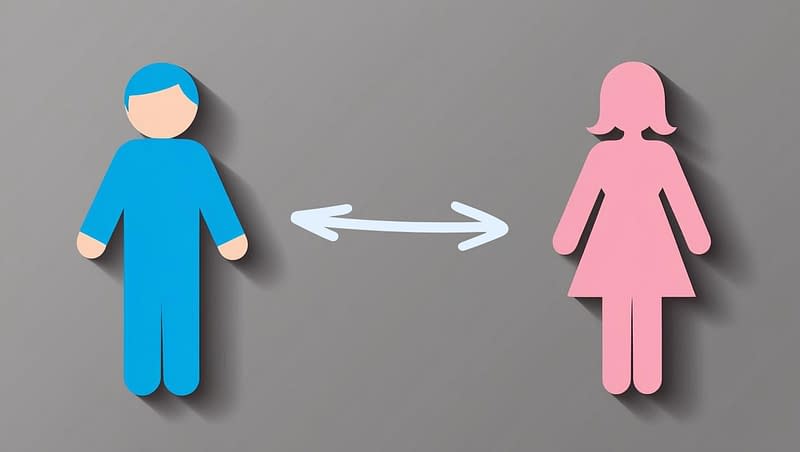Across the UK, general practice is under immense pressure. GPs are managing growing demand, increasing complexity, and limited time — a situation that is becoming unsustainable.
But what if we could alleviate some of that pressure by focusing on the individuals who use the system the most?
A major study by Kontopantelis et al. (2023) analysed over 85 million consultation events and found that just 10% of patients accounted for nearly 40% of GP appointments. These frequent attenders weren’t misusing the system — they were navigating chronic, ongoing issues that needed better support.
One of the most overlooked drivers in this group was chronic pain.
People living with long-term pain conditions often cycle through repeated appointments — not always seeking medication, but reassurance, validation, and help managing something that feels unmanageable. Chronic pain affects an estimated 8 million people in the UK and often overlaps with other long-term conditions like diabetes, fibromyalgia, musculoskeletal disorders, and depression.
The Role of Health Coaching in Managing Complex Needs

This is where health coaching comes in — and why it’s gaining traction in the 2025/26 Network Contract DES.
Health coaching offers patients structured, guided support to build confidence in managing their conditions.
It isn’t about giving medical advice — it’s about helping people develop the knowledge, skills, and mindset to improve their quality of life, reduce reliance on GP appointments, and take back control of their health.
Why health coaching works for frequent attenders and chronic pain:
- Builds self-management skills: Especially valuable for chronic pain, where medication may only play a limited role.
- Improves mental wellbeing: Many frequent attenders also live with low mood or anxiety. Coaching integrates behaviour change and motivational interviewing to support emotional resilience.
- Reduces avoidable GP contacts: When patients feel supported and confident, they stop needing to “check in” so often.
- Frees up clinical time: GPs can focus on diagnosis and complex care, while health coaches offer ongoing support and continuity.
- Supports DES delivery: Coaching aligns directly with DES goals around personalised care, anticipatory support, and managing high-need populations.
Karen’s Story: A Case Study in Transformation
Karen had been suffering from chronic pain for 20 years. She was isolated, inactive, and had completely lost her sense of self. The pain had greatly impacted her quality of life, she frequently attended the GP practice, and she was unsure if the service would be able to help her.
Through our Health & Wellbeing coaching programme, Karen began with the basics: setting small achievable goals, working on self-compassion and resilience to tackle the pain-inflicted low mood and low self-belief.
Within two weeks, she recognised the tiny things that could help her get out of difficult situations, like accepting that completing a small part of a task still meant progress. She learned to re-quantify progress and achievements, leading to a shift in her defensive, submissive, victim reaction to things. She felt a sense of control and empowerment over her pain.
“At the point of beginning the Health & Wellbeing course, I had been in relentless agony for 20 years. I was deeply depressed. I felt overwhelmed with emotional distress and hopelessness… Within two weeks, you helped me to recognise the tiny things that could help me get out of difficult situations.”
– Karen
Karen’s story exemplifies how health coaching can lead to significant improvements in self-efficacy and quality of life for individuals with chronic pain.
The 2025/26 Network Contract DES: Creating the Space for Proactive Care
The latest DES guidance encourages Primary Care Networks (PCNs) to:
- Identify patients at risk of health deterioration
- Use non-clinical roles like health coaches to enhance personalised care
- Reduce health inequalities by targeting underserved or high-burden groups
- Focus on long-term condition management as part of anticipatory and integrated care models
Health coaching is one of the Additional Roles Reimbursement Scheme (ARRS) funded roles — meaning PCNs can invest in them without drawing on core practice funding.
But coaching works best when it’s part of a wider, supported model. At Pure Unity Health, our coaches are:
- Trained to national standards
- Supported by clinical specialists
- Supervised regularly to ensure quality, safety, and impact
Our model helps practices support complex patients, including those living with chronic pain, multimorbidity, and frequent use of services.
Supporting GPs, Supporting Patients
By helping frequent attenders better manage chronic pain and long-term conditions, we don’t just reduce appointments — we improve lives. And by embedding structured health coaching into primary care, we free up capacity, and support a more sustainable, patient-centred future.
Health coaching isn’t a nice-to-have — it’s a strategic solution for the most pressing challenges in general practice today.




